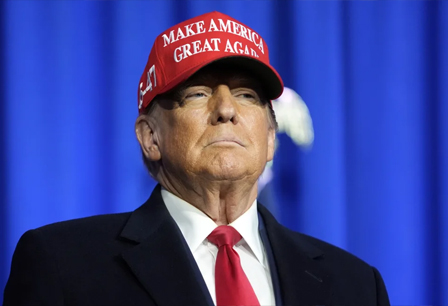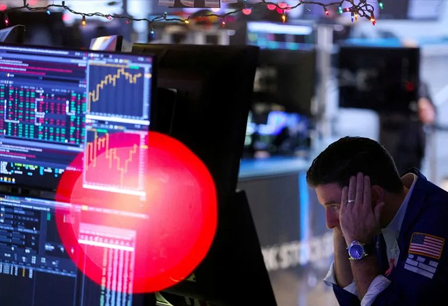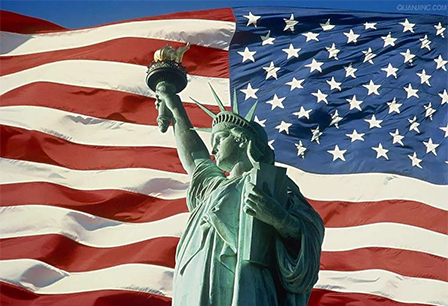Leap Day might seem like fun and games — until you consider Wall Street.
The reason leap years exist is because it actually takes the Earth around 365.24 days to orbit the Sun, meaning the typical calendar year of 365 days is off by around a quarter of a day a year. To account for that gap, Julius Caesar in 45 BC decreed that an extra day be added every four years, leading to the Julian calendar.
Pope Gregory XIII in 1582 AD created the Gregorian calendar, coined the term “leap year” and established February 29 as the official leap day. A leap year thus occurs in every year that is divisible by four, but only in century years that are evenly divided by 400, to keep our calendar in alignment with Earth’s rotation around the Sun.
But does that impact financial markets? There are small but notable implications for the bond market and corporate earnings, according to Matt Weller, head of market research at FOREX.com and City Index.
The extra day can lead to a slight increase on the return for bonds whose interest is calculated based on the number of days in a year, since a leap year tacks on an extra day of interest. While that change is slight, it can impact bond pricing in interest-rate sensitive markets, says Weller.
He adds that a leap day can also help marginally raise corporate earnings, since companies get an extra day in a fiscal quarter to operate.
Are there any trends in how stocks perform during leap years? History shows that stocks tend to perform worse when an additional day is added to the calendar. The S&P 500 total return index has averaged a 10.8% gain during leap years versus a 12.8% jump during non-leap years, according to S&P Dow Jones Indices data going back to 1971.
The S&P 500 index has averaged a decline of roughly 0.1% on February 29 and a positive trading session just a third of the time, compared to the rest of the month, which averages a 0.03% gain and is positive about 52% of the time, according to S&P Dow Jones Indices data going back to 1928.
While the stock rally has stalled somewhat this week, the S&P 500 is on pace to gain about 4.6% in February and is up about 6.3% for the year after notching several record highs.
“Bulls may want to exercise caution, especially after US indices’ strong performance over the last month (and indeed last four months),” wrote Weller in a Tuesday note.
Of course, correlation doesn’t equal causation. Notably, leap years tend to correspond with US presidential election years. While the uncertainty surrounding the election can cause some shakiness on Wall Street, stocks tend to rise during election years. That’s because presidents and the political party in power tend to prioritize fostering a strong economy and stock market to tout on the campaign trail, according to Yardeni Research.
Last summer, the “Barbenheimer” boom, fueled by the smash success of films “Barbie” and “Oppenheimer,” breathed fresh life into the movie theater business after months on the edge of a pandemic-induced extinction.
But now that the pink outfits and porkpie hats are off the big screen, concerns remain about the health of the movie business as it faces increased competition from streaming services, an uneven recovery and delays caused by last year’s Hollywood actors’ and writers’ strikes.
AMC Entertainment, often viewed as a bellwether for the industry as the world’s largest movie theater chain, is not immune to those challenges, reports my colleague Samantha Delouya.
To aid its recovery, AMC is diversifying its in-theater offerings and cutting more deals with musicians for concert films. It’s juicing ticket prices by adding higher-end viewing experiences and closing, renovating or relocating theaters. Seeking new sources of revenue, AMC is launching its own branded concession-stand snacks and merchandise, including collectible popcorn buckets, for $25 apiece.
Uncle Sam has quietly deployed a new secret weapon designed to catch bad guys trying to steal from taxpayers: artificial intelligence.
Starting around late 2022, the Treasury Department began using enhanced fraud-detection methods powered by AI to spot fraud, CNN has learned.
The strategy mirrors what is already being done in the private sector, reports my colleague Matt Egan. Banks and payment companies are increasingly turning to AI to root out suspicious transactions — which the technology can often do with lightning speed.
Uncle Sam’s AI-fueled crackdown on fraud appears to be paying off.
Treasury’s AI-powered fraud detection recovered $375 million in fiscal 2023 alone, Treasury officials tell CNN, marking the first time Treasury is publicly acknowledging it is using AI to detect fraud.
The federal government, using these new crime-fighting strategies, can halt check fraud almost in real-time in part by looking for unusual transaction patterns, Treasury officials tell CNN. And this focus on AI has led to multiple active cases and arrests by law enforcement, Treasury says.












